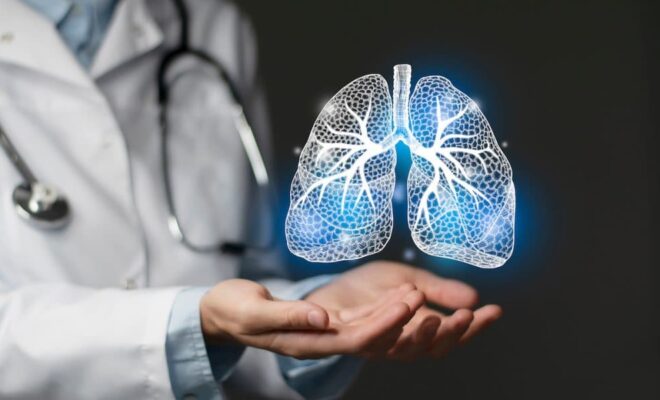Why Michigan Needs More Organ Donors Today

Michigan, like many other states, faces a growing challenge in meeting the demand for organ transplants. While medical advancements have improved transplant outcomes, they cannot create more donors. As chronic illnesses and accident-related injuries increase, so does the number of patients on the transplant waiting list.
Becoming part of the Michigan organ donor registry can provide second chances to people facing life-threatening conditions. Hospitals continue to see individuals whose lives could be prolonged or saved with timely transplants. However, limited supply stalls progress and leaves many in uncertainty, hoping for a match that may come too late. Before more lives are lost to preventable delays, it’s essential to understand the reasons behind this urgent need and how Michigan can move forward.
Giving Hope and Second Chances Through Organ Donation
In Michigan, the need for kidney, liver, heart, and lung transplants far exceeds the availability. Many recipients are everyday individuals—parents, children, workers—whose health suddenly deteriorates due to illness or injury. Without timely transplants, their conditions often worsen, leaving limited treatment options.
A single donor can help multiple people, offering restored health, renewed independence, and the ability to return to their families and routines. In both rural and urban communities, access to donated organs represents not just survival, but the chance to reclaim a meaningful and active life.
Local Disparities in Donor Registration Rates
Despite Michigan’s diverse population and strong healthcare network, donor registration rates vary widely by county and demographic group. Some areas report strong engagement, while others fall significantly behind. This uneven participation contributes to delays in matching donors with waiting patients.
Barriers such as misinformation, fear, and cultural concerns prevent many from registering. Addressing these challenges requires outreach that is thoughtful, community-based, and grounded in accurate information, so more people understand both the need and the impact.
The Impact on Families and Healthcare Systems
The shortage of registered donors affects more than just patients—it places enormous emotional and logistical stress on families and medical teams. Relatives often wait in limbo, holding on to hope during long and uncertain timelines.
Hospitals, too, are left balancing urgent transplant cases against limited resources. Transplant centers must make difficult choices when organs are scarce. Expanding the number of donors helps ease these tensions and allows care teams to act more swiftly and fairly during moments of crisis.
Education and Early Awareness Make a Difference
Early and ongoing education is vital for building a donation-conscious society. Schools, local organizations, and even workplaces can play key roles in sharing facts, dispelling myths, and encouraging open dialogue. When people hear firsthand stories about lives saved through donation, the message resonates more deeply.
It transforms abstract statistics into emotional connections. Encouraging discussion about donor registration during routine moments—such as renewing a driver’s license—helps integrate the idea into everyday life and normalize a powerful act of giving.
Choosing the Right Institute for Donation Matters
For those ready to take action, choosing a reputable institution for donor registration is essential. Michigan offers several well-established programs that work closely with hospitals and national databases to ensure smooth coordination. These organizations handle consent with care, safeguard donor confidentiality, and uphold the highest standards of medical ethics.
Registering through a reliable source also reassures families that their loved one’s gift will be honored and used effectively. Proper institutional support makes the difference between a well-intentioned act and one that has lasting, meaningful impact.
Joining the Michigan organ donor registry is a commitment that can change the course of someone else’s life. It is a decision rooted in compassion, one that extends beyond individual boundaries to strengthen the entire healthcare system. Michigan can close the gap between availability and need with more engagement, clear information, and reliable support. Each new registration offers hope, healing, and a future for those still waiting.


